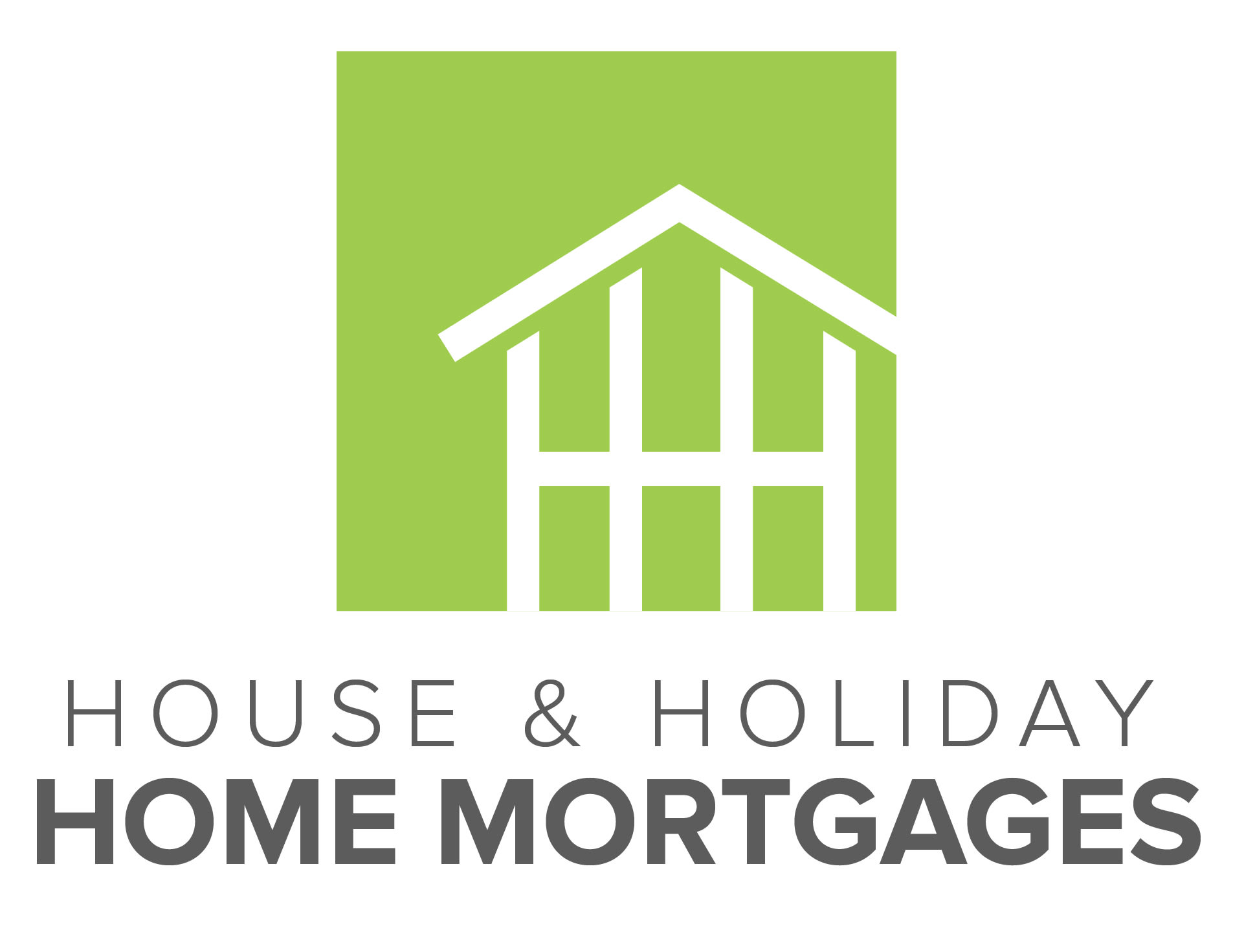Common holiday home pitfalls to avoid

If you’re thinking of buying a holiday home – either for personal use or letting out for additional income – there are many things to consider.
The location, type of property, accessibility and amenities will have a significant bearing on the decision you make. So, too, will how you plan to finance it.
Here, we take a closer look at some of the things you’ll need to consider when it comes to finding your dream holiday home and some of the common pitfalls to avoid.
Buying a holiday home
There are several factors that come into play when trying to find and buy your dream holiday home. First and foremost, you’ll probably have a checklist of things you want from the property to ensure it meets your needs.
Secondly, when it comes to finding the right mortgage, it’s essential to be aware of what the lender will look for, as this can affect the type of mortgage you need and the best available deals.
Finding the perfect balance between the two can be tricky, and it will probably come down to what you plan to use your holiday home for.
If it’s for you, your friends and family to enjoy and you don’t plan on renting it out, then getting a holiday home mortgage can be more straightforward, regardless of the property you buy.
If, however, you’re looking to offer your new holiday home as a short-term let when you’re not using it, you’ll need a special kind of home loan, called a holiday let mortgage. There are also other implications to consider, as it will be viewed as a revenue-generating business by HMRC.
When it comes to the property itself, there are a few things you’ll need to bear in mind. Many of these will depend on your personal preferences and tastes.
The location of your holiday home will, arguably, be the most significant decision you have to make. You might want a summer bolthole in your favourite coastal resort, a cosy rural cottage where you can enjoy the great outdoors, or a city apartment in the heart of all the hustle and bustle. The choice is yours.
Naturally, you’ll want your holiday home to suit your style and personality. However, it’s important to remember that if you’re planning on letting it out, that might not be attractive to everyone. A couple looking for a romantic short break might want a different style and décor than a family wanting a convenient base for a week-long getaway, so paying close attention to the aesthetics will pay dividends to make it as attractive to as wide an audience as possible.
Whether you’ll be letting out your holiday home or enjoying it yourself, the facilities, amenities and services will play a big role. Parking, WiFi, proximity to shops, attractions and leisure facilities, and any other additional extras are all things to consider.
If it’s a holiday let you’re investing in, then so, too, will the number of bedrooms and accessibility.
The more enticing you can make your property to potential holidaymakers, the better.
Understanding who you’re targeting and what they might be looking for in a holiday property is essential.
Larger holiday properties can demand higher rental prices and appeal to a broader audience, as they can accommodate different group sizes. On the other hand, smaller holiday properties tend to be easier to maintain, so getting the balance right is vital.
What do lenders look for?
While as a buyer, a property’s location, aesthetics and proximity to amenities and facilities will be of primary importance, these aren’t necessarily the things that a mortgage lender will look for.
They’ll be more concerned about whether you can afford the repayments and how risky it is to lend against the property in question, especially if you’re looking to let it out.
While location will still be an important consideration, some of the other things a lender will look at include its proximity to commercial operations.
Many holiday let lenders will consider whether the property is too close to services or facilities that could negatively impact the ‘quiet enjoyment’ of the property. These can include nearby pubs, restaurants, takeaways, leisure or entertainment venues, shops, petrol stations, industrial parks or business units.
They’ll also take into account the age and general condition of the property in question.
Mortgage lenders are looking to take on the least amount of risk possible to ensure they get their money back. Older properties, and those that aren’t in good condition or working order, represent a greater risk to mortgage providers and make them reluctant to lend. Buildings that have been heavily renovated or aren’t of standard construction are also deemed as more of a risk.
Most holiday let mortgage lenders also want to see that the property being mortgaged does not have any occupancy restrictions.
Many lenders are also reluctant to mortgage leasehold properties, especially those approaching the end of their lease, as this can reduce the property’s value.
How to get a mortgage on a holiday home
If you’ve found your dream holiday home – whether for your own use or as a holiday let – then getting the right mortgage is crucial.
However, the holiday home mortgage market is a lot more complex than the residential mortgage market, so getting expert advice from a mortgage professional with specialist knowledge will help you overcome any potential difficulties and make the right decision.
An expert holiday let mortgage broker will also be able to support your application to give it the best chance of success.
Here at House & Holiday Home Mortgages, we understand the market and the lenders, understand their lending criteria and what they are looking for, and can help you navigate the application process.
We have more than 40 years of experience in the holiday home market and can provide honest, straightforward advice and guidance on the right way forward.
For more information and a free consultation, get in touch today.

